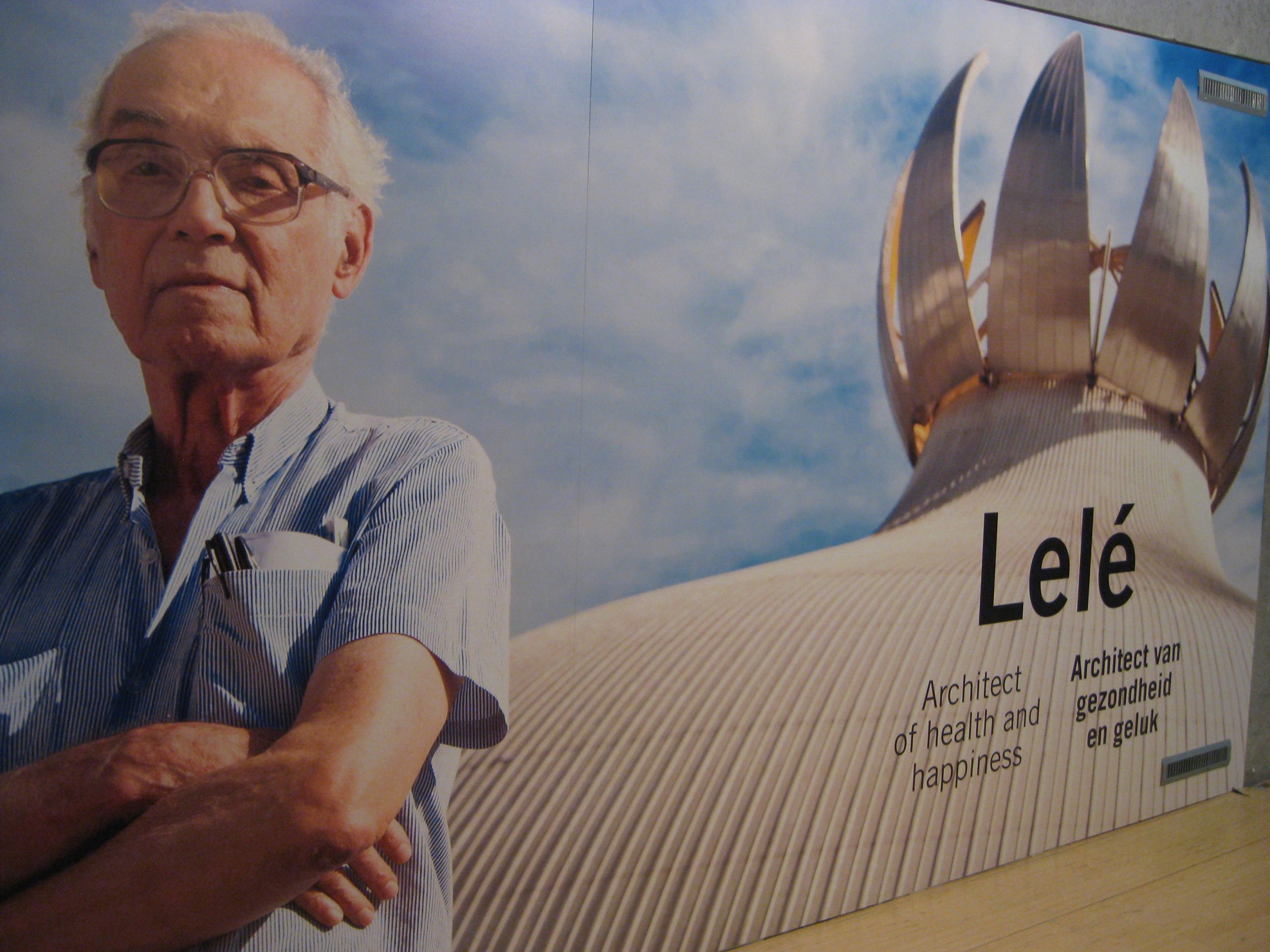TU Delft along with the National Architecture Institute (NAi) and the Museu da Casa Brasiliera in São Paulo have set up an exhibition detailing, João Filgueiras Lima’s life work.
Lesser known than Brazilian architects Oscar Niemeyer and Lucio Costa, João Filgueiras Lima has also made important contributions to Brazilian architecture. Better known by the nickname Lelé, his work focuses on innovative ideas for low cost construction, dual purpose stairs in the favelas and serene hospital compounds. The exhibition, titled “Architect of Health and Happiness”, focuses on a variety of projects Lelé worked on throughout his career.
Lelé was thrust into the architecture world when he was put on assignment by master architect Oscar Niemeyer. He was to begin designing Brasilia, the new capital of Brazil. This is where Lelé learned about preconstruction and came up with functional and inexpensive construction methods. He later went on to start several preconstruction factories whose products were used for building rural schools and residential buildings.
The exhibition not only tells of his many architecture endeavors, but also takes the reader through Lelé’s personal life by exhibiting several of his personal quotations. He muses that his start in architecture was by chance and that he originally wanted to be a musician in a band. The exhibition goes on chronologically through his life adding these interesting quotes about his personal life and also giving insight on his ideas behind his works.
The exhibit is based on an exhibition curated by Professors Max Risselada and Giancarlo Lattoracca (Architecture) in San Paolo, Brazil in 2010. The faculty has had a long standing relationship with various architectural institutes in Brazil and has curated many events in the country.
To conclude the exhibit, the Faculty of Architecture TU Delft will hold a seminar featuring four Brazilian architects: Marcos Acayaba, Marcello Ferraz, Angelo Buci and Eduardo Ferroni. These four represent four generations of Brazilian architects. They will discuss their work, focusing on how it varies from generation to generation.
Lelé’s life work can be viewed on the third level of the NAi until February second. Admission is discounted for students or free entry for those holding a Museum or Rotterdam pass. The seminar will also be held at NAi on 31 January 2013 and is open to the public.



Comments are closed.